NEWS RELEASE: Protecting the human rights of migrants in the Pacific essential in COVID-19 recovery process, UN agencies say
SUVA (10 July 2020) – The UN Human Rights Office (OHCHR) and the International Organization for Migration (IOM) are calling on Pacific States to ensure that all migrants are provided with access to basic healthcare and essential income support, particularly in response to the COVID-19 pandemic. Of particular concern is the situation of temporary seasonal workers who risk slipping into situations of irregularity if they cannot or do not wish to return to their home countries.
Border closures, restrictions on departure and re-entry, expired working visas and loss of employment for many temporary visa holders in countries of origin and destination across the Pacific have left many with limited access to alternative livelihood options, adequate food and shelter, with implications for their physical and mental health.
An estimated 330,000 Pacific-born people reside overseas, and an additional 2.7 million temporary visa holders reside in Australia and New Zealand.
Thomas Hunecke, the OHCHR Officer-in-Charge for the Pacific, noted that the regional office continues to track human rights issues across the Pacific.
“Human rights-based responses to the COVID-19 crisis are vital in ensuring that all migrants, regardless of their status, have access to basic social security such as healthcare and essential income support,” Hunecke said. “These should be an integral element of the COVID-19 response in the Pacific. In particular, we are concerned that the lack of inclusive income security measures means that many migrants and their families with little reserves would be hardest hit by unemployment and rising prices.”
“It is important to acknowledge that migrants have played a vital role in supporting countries during the COVID-19 crisis and that safe migration should be part of the recovery process,” said Pär Liljert, IOM Pacific Coordinator.
“This could be a potential solution for Pacific countries that receive significant GDP contributions from remittances, but equally for countries of destination by filling critical labour market gaps including in essential services like food production,” Liljert said. “At the heart of addressing COVID-19 and building back better are policies and programmes that guarantee the health and safety of migrants, with inclusive public health responses and socioeconomic recovery packages.”
“As the long process of protecting and rebuilding economies adversely affected by the COVID-19 pandemic gets underway, OHCHR and IOM are calling on States in the Pacific to ensure that their response measures effectively address the disproportionate impact that this public health crisis has had on people and communities who are already in marginalized and vulnerable situations,” Hunecke said.
ENDS
For more information, please contact: in Suva, for OHCHR ROP – Shane Antonio (+679 3310465 / shane.antonio@one.un.org) or IOM – Sabira Coelho (+679 3310730/ scoelho@iom.int).
Tag and share – Twitter: @OHCHR_Pacific and @IOMinthePacific or Facebook: UNHumanRightsPacific and IOM Australia and Coordinator for the Pacific
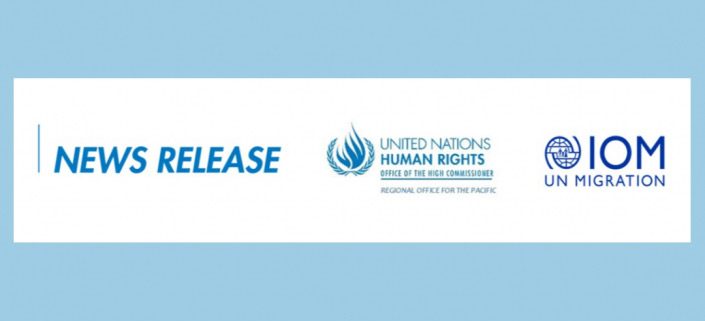
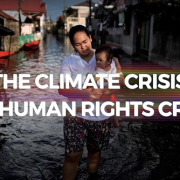
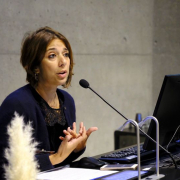 OHCHR
OHCHR 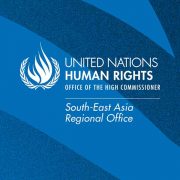 OHCHR
OHCHR 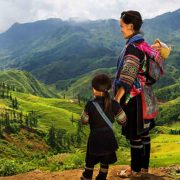 Getty Images
Getty Images 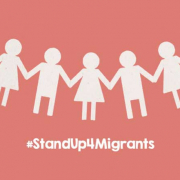
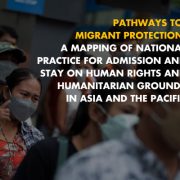 OHCHR
OHCHR